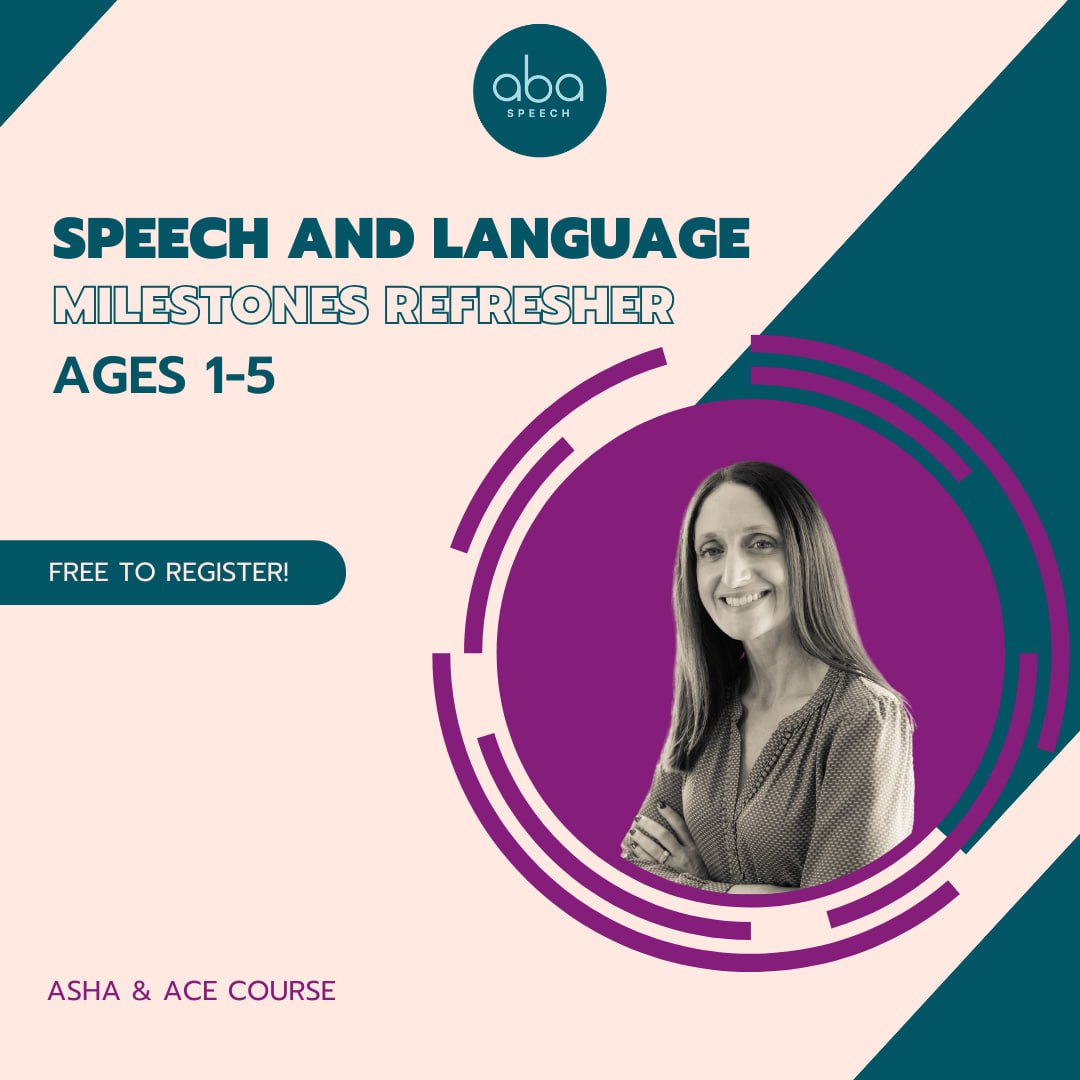“Well, I guess you better figure it out”....
Episode #163: The Importance of Teaching Board Game Play To Young Children With Disabilities with Dr. Erin Barton
Today we’re featuring more accessible research! We’re talking about a topic I am really passionate about: Modified Leisure with play, social skills, and joint attention all mixed in.
Dr. Erin Barton explains the research involved in her study, Teaching Board Game Play to Young Children With Disabilities. Her work focused on expanding play research from pretend play to play with peers, with an emphasis toward the least amount of adult intervention. Dr. Barton makes an important note that every child deserves a 100% chance that they will have at least 1 chance for a positive interaction with their peers. Board game play is a naturally occurring chance for small group play with functionality that applies beyond the therapy room.
The children involved in the study had limited speech, developmental delays and required no peer aversions, specific motor skills related to game play, and the ability to follow one-step directions. They generalized board game play with visual cues and step-by-step guides among an array of games that were picked daily by rotating student choice. In the study, they found that after between 5 and 10 sessions, children were able to generalize and maintain the skill.
- Dr. Barton also shares some tips that everyday clinicians can use today in the therapy room.
- Cooperation focus: change games so they meet the needs of the child; they don’t have to be the original win/lose function.
- Adaptations: create visual cues and prompts that can become a part of the game and do not need to be faded.
- Student interests: use games and interests the students enjoy to reinforce the process.
Did you like this episode? Let me know if you’d like more like this, and I’ll keep bridging the gap between research and practice!
Today’s Guest:
Erin E. Barton, PhD, BCBA-D, is an international educational consultant and founder of Barton Consulting, LLC and Faculty for the Pyramid Model Consortium. She has worked as a special education teacher and university professor. She taught graduate-level courses on evidence-based assessment and intervention practices for young children with disabilities and single case research design. She is a Board Certified Behavior Analyst and directs research projects related to evidence-based practices for young children, policies and practices that support high quality inclusion, and effective professional development systems. Dr. Barton is an active scholar with over 120 publications in major journals, multiple chapters, and several textbooks related to evidence-based practices. Dr. Barton serves on several editorial boards and is the Editor-in-Chief of Topics in Early Childhood Special Education and an Associate Editors for the Journal of Early Intervention and Remedial and Special Education. She has received many honors including the 2021 Peabody Faculty Excellence Award: Service to Students and 2020 Chancellor’s Faculty Fellow at Vanderbilt University. She also was honored with the 2019 Merle B. Karnes Award for Service to the Division for Early Childhood and the 2017 Distinguished Early Career Research Award from the Division for Research of the Council for Exceptional Children.
What’s Inside:
- Increasing chances for positive peer-to-peer interactions.
- Generalizing board game play with cues and adaptations.
- Supporting peer-to-peer interactions with play and limited adult intervention.
- How to teach board game play for the everyday clinician.
Mentioned In This Episode
Rate, Review & Subscribe
If you found this podcast helpful, please consider rating and reviewing my show! This helps me to support more people — just like you!
If you have not done so already, subscribe to the podcast. This ensures that you do not miss an episode!
Listen on
Apple Podcasts
Listen on
Stitcher
Subscribe
via Email
You Might Also Like…
Episode #185: Replay: The Power of Joint Attention
Enjoy this replay from episode 62. Joint attention is...
Episode #184: 5 Tips For Dealing With Contentious IEP Meetings
Conflict is part of what we do...
